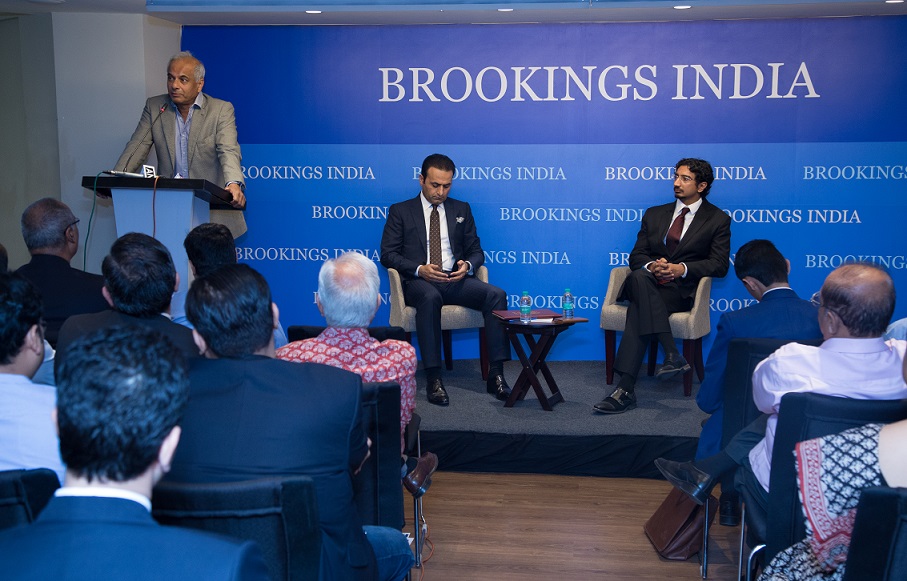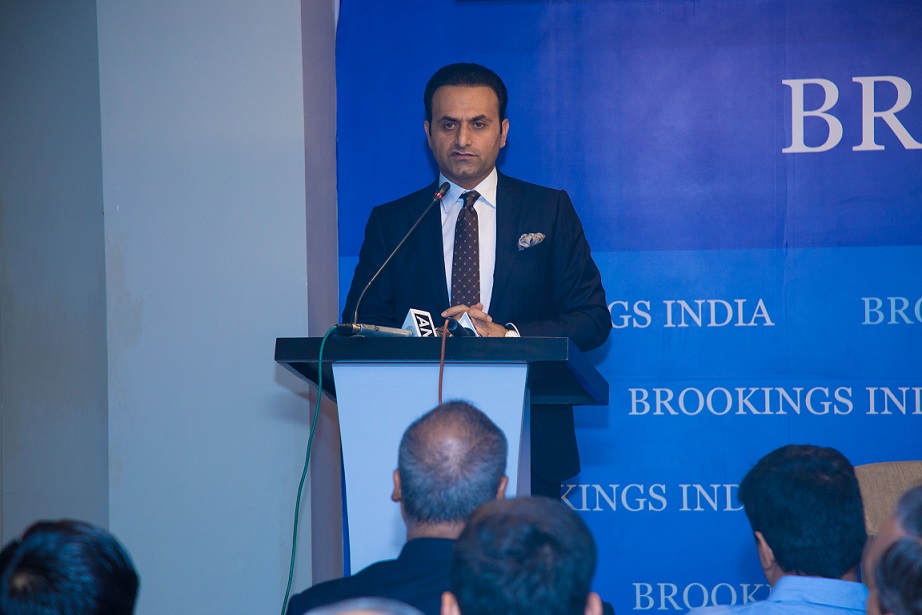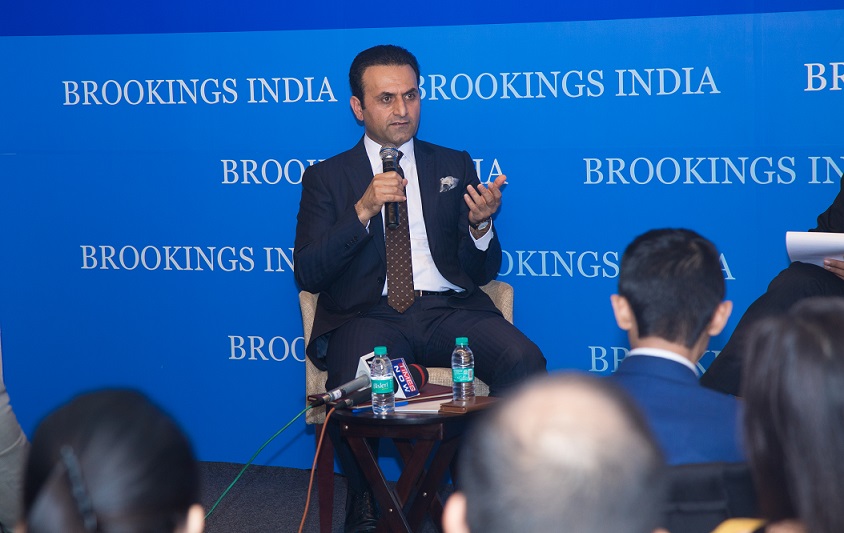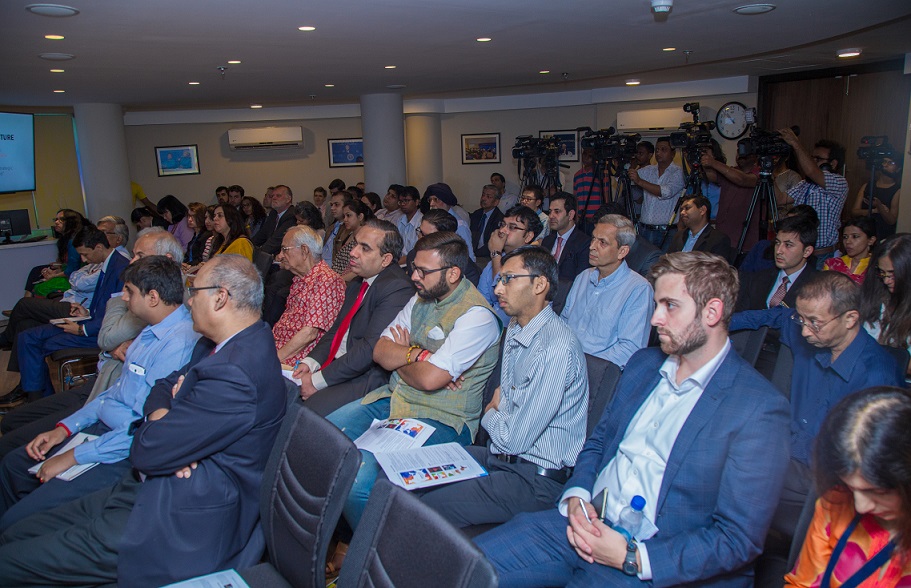

7:00 pm IST - 8:15 pm IST
Past Event
Content from the Brookings Institution India Center is now archived. After seven years of an impactful partnership, as of September 11, 2020, Brookings India is now the Centre for Social and Economic Progress, an independent public policy institution based in India.
Brookings India hosted the first Ambassadorial Lecture on “Strengthening India-Afghanistan Strategic Relations in an Uncertain World.” The address was delivered by His Excellency Ambassador Shaida Abdali, Afghanistan’s Ambassador to India. A summary of his address is below:
Our world is undoubtedly going through significant changes. Changing global dynamics such as the rapid growth of China, a much stronger India, a resurgent Russia, a more active Japan, divisions in the Gulf, a divided Europe, and a much overstretched United States are creating uncertainties. The Asian continent in particular suffers from three major threats: violent extremism, criminal economies, and state sponsorship of terrorism. Afghanistan is perhaps the most adversely affected by these threats. In this context, Afghanistan’s bilateral and multilateral relationships are of particular significance.
Indo-Afghan Strategic Partnership:
Regional and International Cooperation:
Solutions for a Stable Afghanistan:
In conclusion, the future of Afghanistan and security of the world will depend on a holistic and sincere fight against terrorism both at the regional and the global level. India, in this context, will continue to hold a strategic place in Afghanistan’s foreign policy in all areas of cooperation including domestic development and security.
Speaker Profile
Born in Kandahar, Ambassador Shaida Mohammad Abdali became personal secretary to President Hamid Karzai in 2001. He later served as Deputy National Security Advisor and Special Assistant to the President of Afghanistan. In this capacity, he chaired the Deputies Committee Meetings of the National Security Council and was one of the negotiators of the Enduring Strategic Partnership Agreement between Afghanistan and the United States. He was named Afghanistan’s Ambassador to India and is concurrently accredited to Nepal, Sri Lanka, Bhutan, and the Maldives.
This report was written by Shruti Godbole. The views are of the author(s), discussant(s), panellist(s).






Rahul Tongia, Anurag Sehgal, Puneet Kamboj
2020
Online Only
3:00 am - 4:40 am IST

Saneet Chakradeo
August 18, 2020